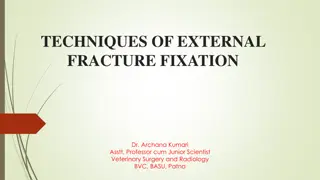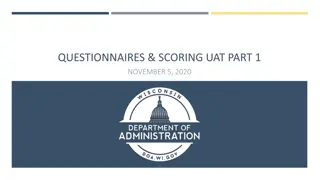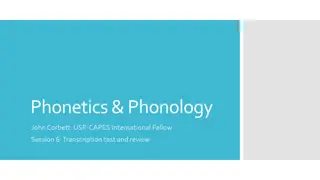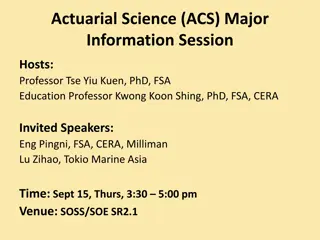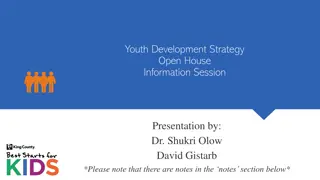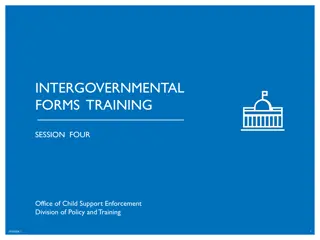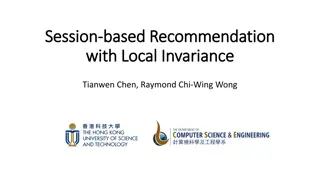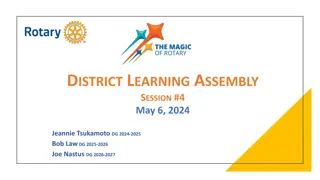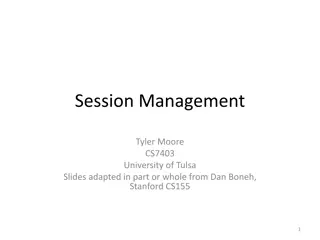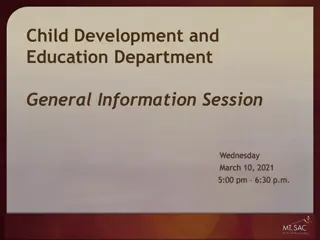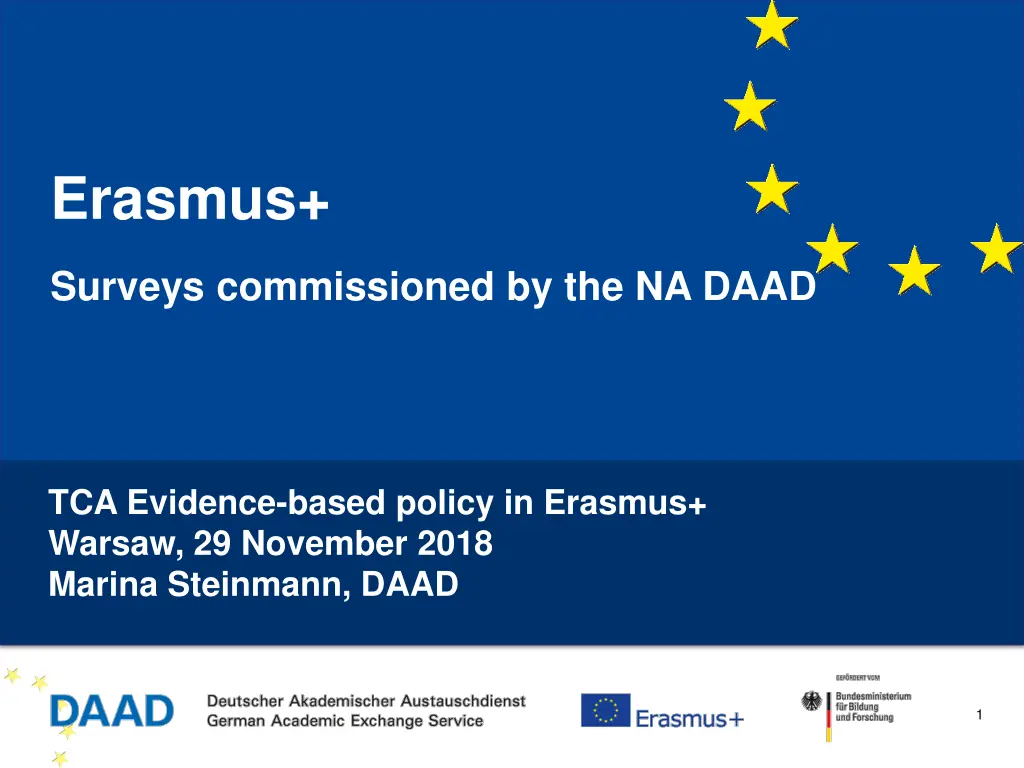
Evidence-Based Policy in Erasmus+ Study Abroad Programs
Explore the research findings related to student mobility in Erasmus+ programs commissioned by the NA DAAD and the impact on multicultural development. The study focuses on the extracurricular effects of study abroad experiences, strategic approaches, and political aims of Erasmus+ co-operations. Discover the methodology, timeline, and key findings regarding multicultural self-efficacy, intercultural empathy, and intergroup anxiety. Understand the effects on personal development and the validation of theoretical suppositions.
Download Presentation

Please find below an Image/Link to download the presentation.
The content on the website is provided AS IS for your information and personal use only. It may not be sold, licensed, or shared on other websites without obtaining consent from the author. If you encounter any issues during the download, it is possible that the publisher has removed the file from their server.
You are allowed to download the files provided on this website for personal or commercial use, subject to the condition that they are used lawfully. All files are the property of their respective owners.
The content on the website is provided AS IS for your information and personal use only. It may not be sold, licensed, or shared on other websites without obtaining consent from the author.
E N D
Presentation Transcript
Erasmus+ Surveys commissioned by the NA DAAD TCA Evidence-based policy in Erasmus+ Warsaw, 29 November 2018 Marina Steinmann, DAAD 1
Background of Recent Study Paris Declaration Declaration on promoting citizenship and the common values of freedom, tolerance and non-discrimination through education Paris, 17 March 2015 Former DAAD Surveys E.g. Hochschulabsolventen mit Auslandserfahrung auf dem deutschen Arbeitsmarkt (Employment opportunities for Bachelor and Master graduates with international experience) DAAD 2016 2
Research related to objectives of the Paris Declaration Part I: Student Mobility Extracurricular effects of study abroad experiences FernUniversit t in Hagen (University of Hagen) Part II: Erasmus+ Projects Strategic approaches and political aims of Erasmus+ co-operations Centrum f r angewandte Politikforschung Ludwig-Maximilians-Universit t M nchen (Centre for Applied Policy Research, University of Munich) 3
Part I Student Mobility (1) Methodology Online questionnaire Two points of data collection Panel design with three groups: Mobile students (AMS) Students planning to go abroad (KMS) Students without intention to go abroad (KG) 4
Part I Student Mobility (2) Timeline Source: Dr. Julia Zimmermann, FernUniversit t in Hagen 5
Part I Student Mobility (3) Findings Stronger increase of multicultural self-efficacy Stronger increase of intercultural empathy Stronger decrease of intergroup anxiety Quality of contacts with locals in the receiving country and quality of contacts with other international students both promoting multicultural development 6
Part I Student Mobility (4) What is new? Effects on personal development Specific findings regarding effects of study abroad periods on multicultural development (with regard to the Paris Declaration) Methodological innovation Methodological validation by controlling effects possibly confusing the results (age, sex, educational background, migration background, previous mobility experiences) Exclusion of other effects possibly confusing the results by including the students planning to go abroad (KMS) Psychological factors Empirical validation of the theoretical suppositions about the crucial importance of the contact quality Rehabilitation of international contacts (not just a party community ) Source: Dr. Julia Zimmermann, FernUniversit t in Hagen 7
To be discussed Remaining questions Limitations Sustainability Outlook Methods European approach Thank you! 8
Nationale Agentur fr EU-Hochschulzusammenarbeit Erasmus+ National Agency Higher Education DAAD Deutscher Akademischer Austauschdienst German Academic Exchange Service (DAAD) Kennedyallee 50 53175 Bonn http://www.daad.de http://eu.daad.de Servicenummer: 0800 2014 020 9


